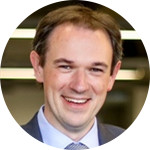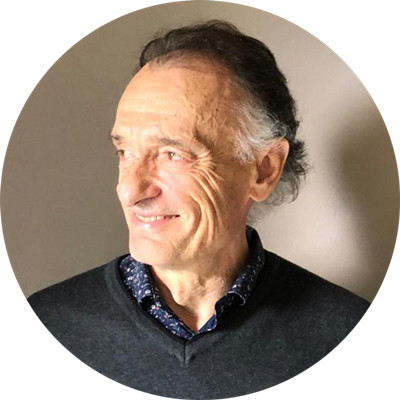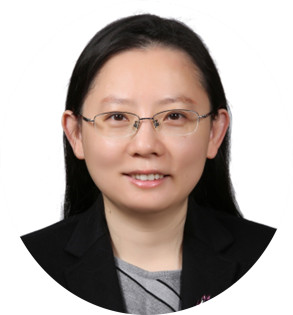KEYNOTE SPEAKERS

Raf Dewil | KU Leuven (Belgium)
Raf Dewil is currently serving as a Full
Professor at the Department of Chemical Engineering at KU Leuven (University
of Leuven). He completed his BS and MS in Chemical Engineering from KU
Leuven and earned his PhD in Bioscience Engineering from the University of
Antwerp. Raf Dewil is a Visiting Professor at the Department of Engineering
Science at the University of Oxford in June 2022. Professor Dewil's
scholarly impact is reflected in his publication record of over 200 papers
in international journals, receiving over 10,000 citations, and an h-index
of 47 according to Web of Science.
He holds the position of Editor-in-Chief of the Journal of Environmental
Management and serves on the editorial board of renowned international
journals, including the Chemical Engineering Journal and Renewable Energy.
He is frequently invited as a keynote lecturer at international conferences.
An entrepreneur at heart, he co-founded the spin-off company InOpSys, based
on his previous research on industrial sidestream treatment.
On top of his academic commitments, Professor Dewil also provides consulting
services for various companies, utilizing his knowledge and industry
experience to advise on sustainable and efficient practices. In his
commitment to service, Professor Dewil served for six years as the chairman
of the board of directors of the Belgian federation of wastewater treatment
companies, watercircle.be, and has contributed to numerous society
committees and review panels.

Valentina Busini | Politecnico di Milano (Italy)
Prof. Valentina Busini has expertise in safety engineering and chemical engineering. In particular, with regard to industrial safety, she usually works on the analysis of the consequences of industrial accidental events, such as the CFD modelling of: heavy gas dispersion in complex environments, dispersion of hydrogen and carbon dioxide, design of vapour curtains; and the definition of methodologies for the evaluation of industrial accidents triggered by natural events (the so-called NaTech events). As far as chemical engineering is concerned, she focuses on process intensification finding methodologies for the transformation of batch processes into continuous ones.

Gilles Flamant | CNRS-PROMES (France)
Gilles Flamant is Emeritus Research Director at CNRS-PROMES (France) and PI of the French Laboratory of Excellence in solar energy “SOLSTICE”. He earned an engineer degree from “Chimie Paris Tech” (ENSCP) and a PhD degree in chemical engineering from the University of Toulouse. Gilles Chairs the ExCo of SolarPACES (IEA Energy Technology Network). His current research activities focus on particle-driven CSP technologies. During the five last years, he was/is coordinating three CSP-related projects: the SOLPART and Next-CSP H2020 projects and, he is currently scientific coordinator of Powder2Power HE project.
Title of Keynote: Perspectives in particle-driven concentrating solar technology

Yu Hong | Beijing Forestry University, China
Hong Yu, Professor, obtained her bachelor degree from Xi’an Jiaotong University in 2003, and doctorate from Tsinghua University in 2008. She was a visiting scholar with the CSC fund to conduct academic research at the University of Illinois at Urbana-Champaign (2015-2016). Her main research directions include microalgae-based wastewater treatment into resources and carbon emission reduction, environmental functional materials, environmental risk substance toxicity assessment. She has presided over several national-level and provincial S&T projects, including the National Natural Science Foundation of China and the Beijing Science and Technology Star Program. So far, more than 80 academic papers have been published, including 52 SCI papers, and obtained 14 national invention patents. She successively undertakes the Youth Working Committee of Algae Branch of the China Algae Industry Association, the Water Treatment and Reuse Committee of the Chinese Society of Environmental Sciences, a member of the Youth Working Committee of the Chinese Chemical Society, and some academic journals’ reviewers, etc. She has won the Beijing Science and Technology Nova Star, the China Environmental Science Society Youth S&T Award, the Water Treatment and Reuse Annual National Excellent Journal Paper Award, the leader 5000 The top paper awards of China's fine S&T journals, outstanding doctoral thesis of Tsinghua University, etc.